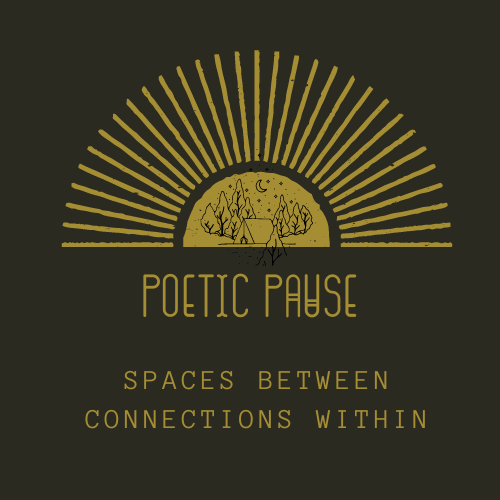Review of Francesca Bell’s What Small Sound
This collection immediately thrusts us into scenes of relative comfort and privilege that are all too often interrupted by the violent horrors plaguing this current time. Mind you, the terms comfort and privilege are used loosely here, as the speaker and characters will not be delivered complete relief or freedom from these trials. However, the speaker does at once give thanks “for this world of green grass and suffering,” while also conveying that prayers will not grant liberation from this plight. The speaker walks through this life as an empath deflecting, yet absorbing, digesting, and transforming news headlines, in order to reveal the layers of connection between the personal and political.
Many of these poems use wordplay between the title and the themes which are unpacked while reading and rereading each one. The stark contrasts between the topic initially hinted at in the title and what the poem’s subject actually is, heightens the tensions between each piece. Those silent spaces act as meditations whispered to the reader, and to the speaker as they both reciprocally ruminate on domestic life and expectations. Maternal relationships, learning to listen to oneself, and the journeys throughout motherhood are freshly analyzed and expressed here. The voice of the speaker is vulnerable and honest as she encounters and grapples with oversized losses, while her grief spills over into every facet of experience “leaving me waiting/twenty-three years to find/what grief implanted/in my body’s hushed/ brooding corridors.”
Alliterations propel us forward and create achingly beautiful lines and scenes that can exist simultaneously while we are “pacing ugly acres/stinging/weeping sweetness forms.” Layers of contrast spring forth—life and death, and the liminal spaces suspended between the two. Then there are lines of silence and speech, underscoring moments when these coexist by choice versus instances when they are stolen away. The speaker is subtle and intentional with her expressions of grief, which never veer towards melodrama or oversentimentality. The truth lay bare “like a sentence/I cannot speak” because after all “So human the burden of grief/she brought with her.”
While “Lightning Coming Closer All the Time,” isn’t the closing poem of this book, it perfectly sums up the unpredictable suffering the speaker conveys. The beginning lines pack a punch, “I can’t tell from here/if the Lord is a sniper/or a drunk guy with a shotgun.” From that opening onward, the tensions build as the speaker goes on to catalog the twisting tragedies that befell a neighbor, a friend’s husband, the boy from her son’s school. These all somehow feel so strangely close by. We can easily imagine how some of our own near misses or turns of bad luck may not bypass us in the future. But these lines remind us to appreciate our own strokes of fortune, now, while we are still able to do so.

